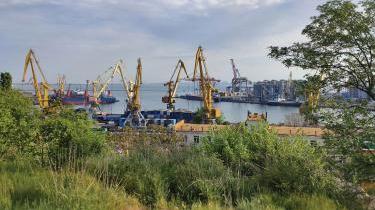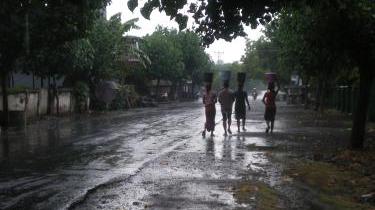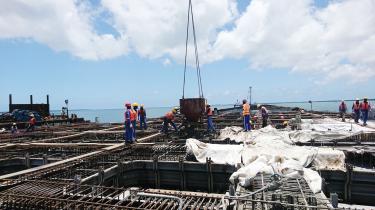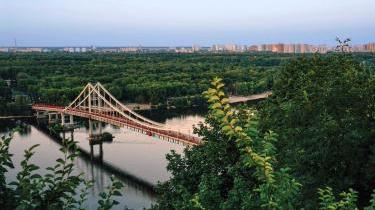
Insights
Case studies and publications from Triple Line. Our knowledge leadership is grounded in long-term work across more than 100 countries, with a strong focus on Africa, Asia and Europe.


Pre-Feasibility Studies for Global Climate Fund Project Pipeline Development in Ethiopia and Indonesia

A holistic corridor approach to maximise the impact of regional infrastructure investments

Ukraine’s Recovery and Reconstruction: Evidence, Accountability, and Finance for Lasting Impact
